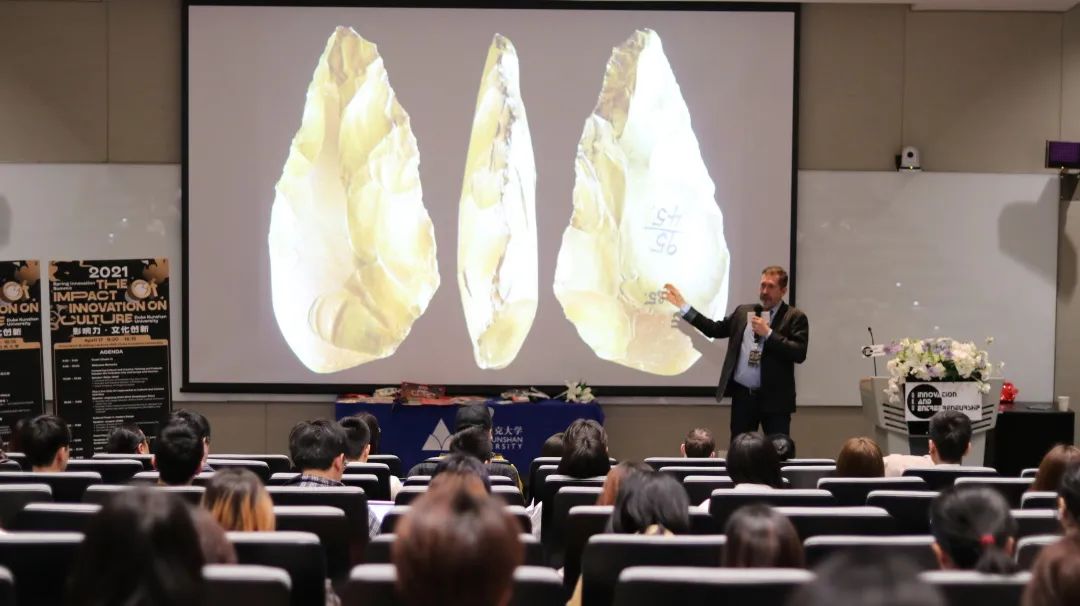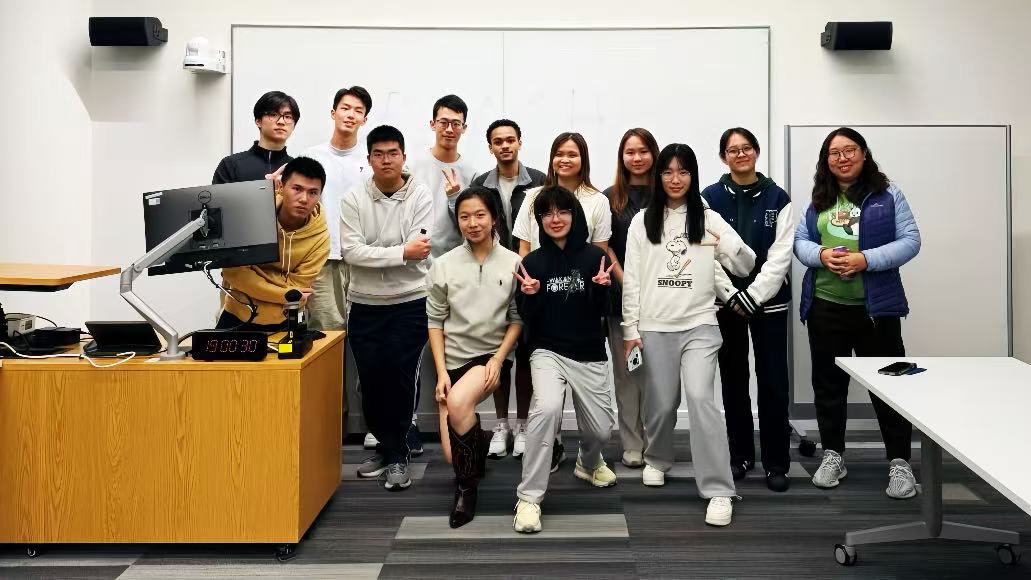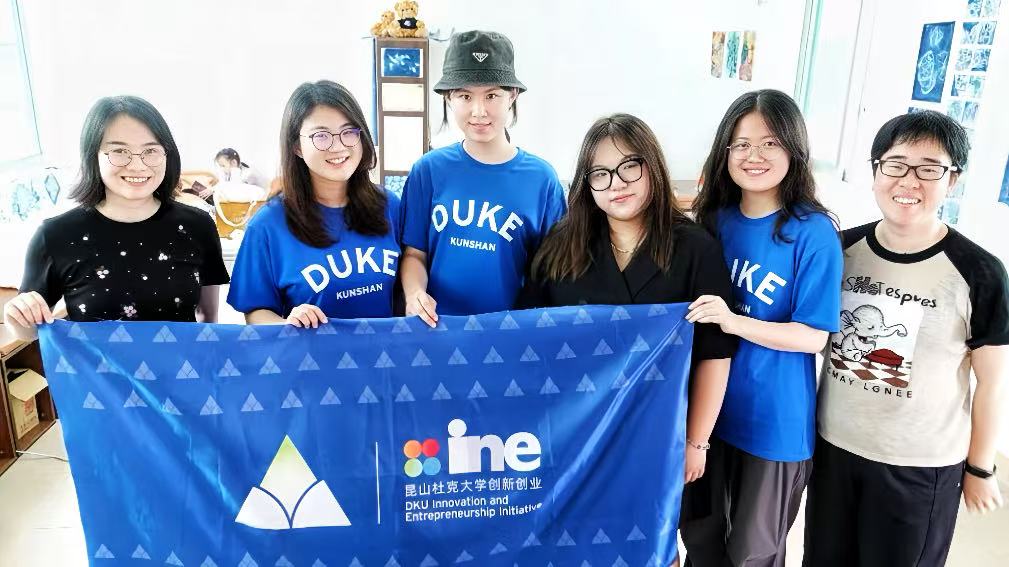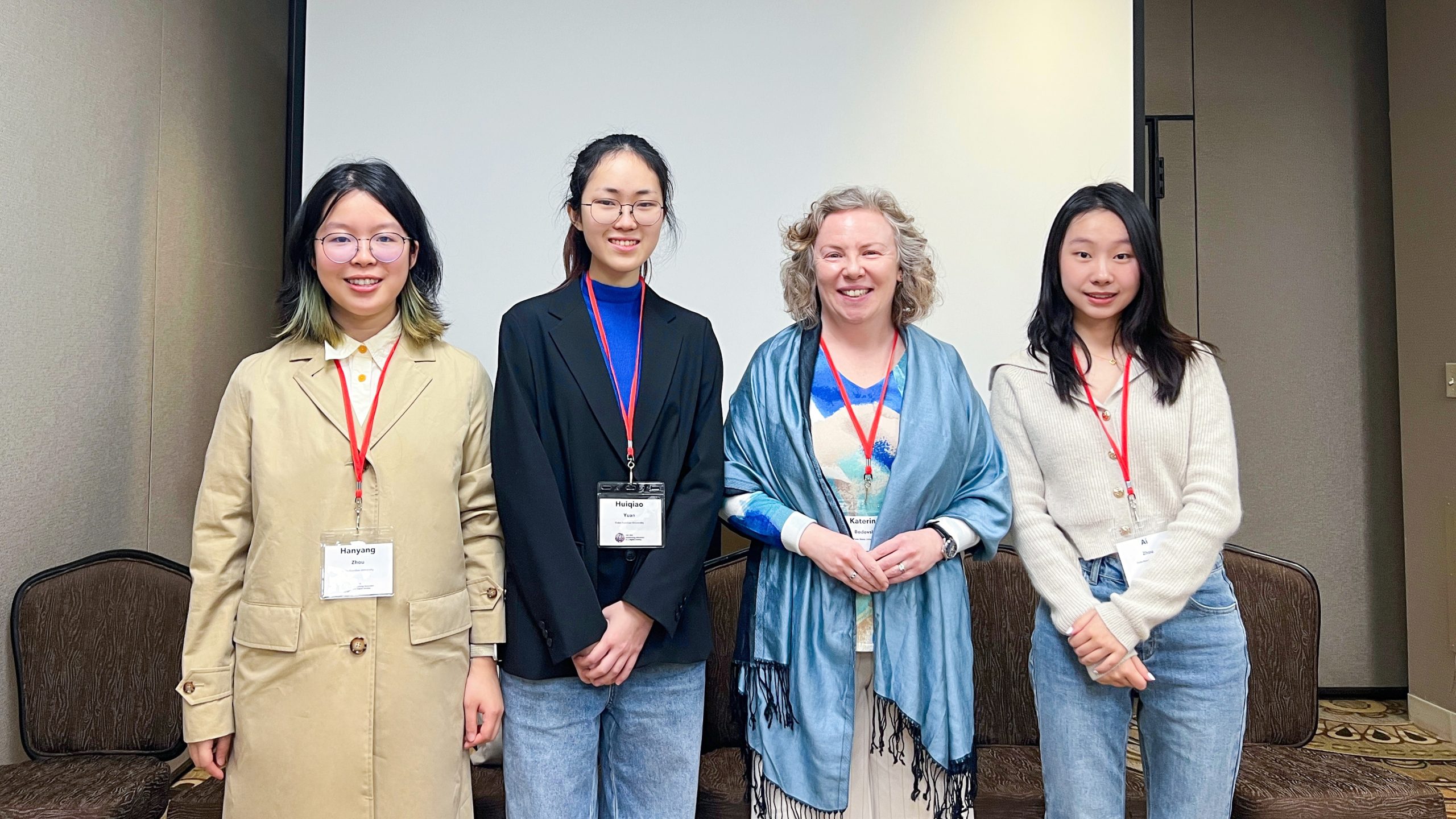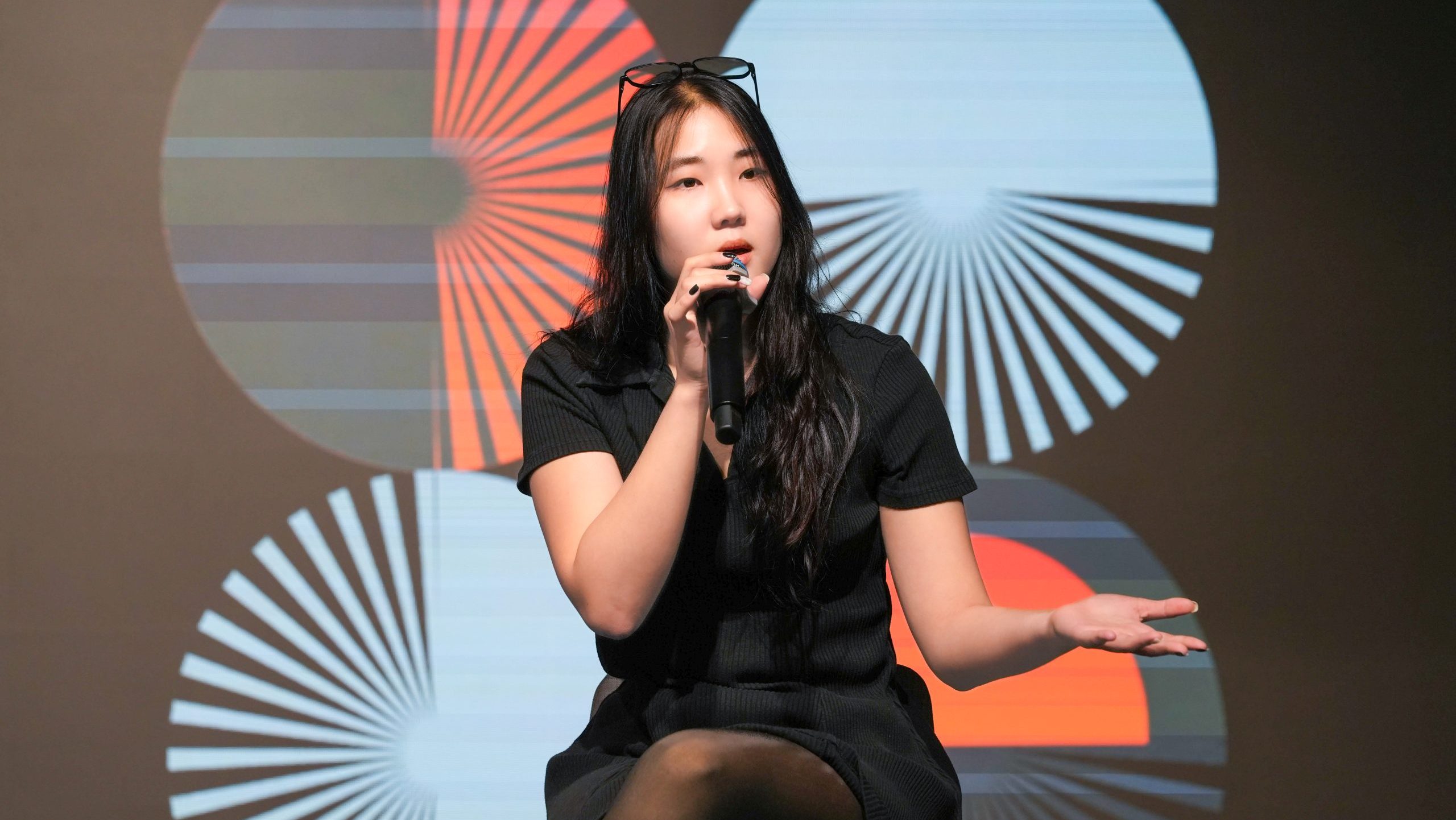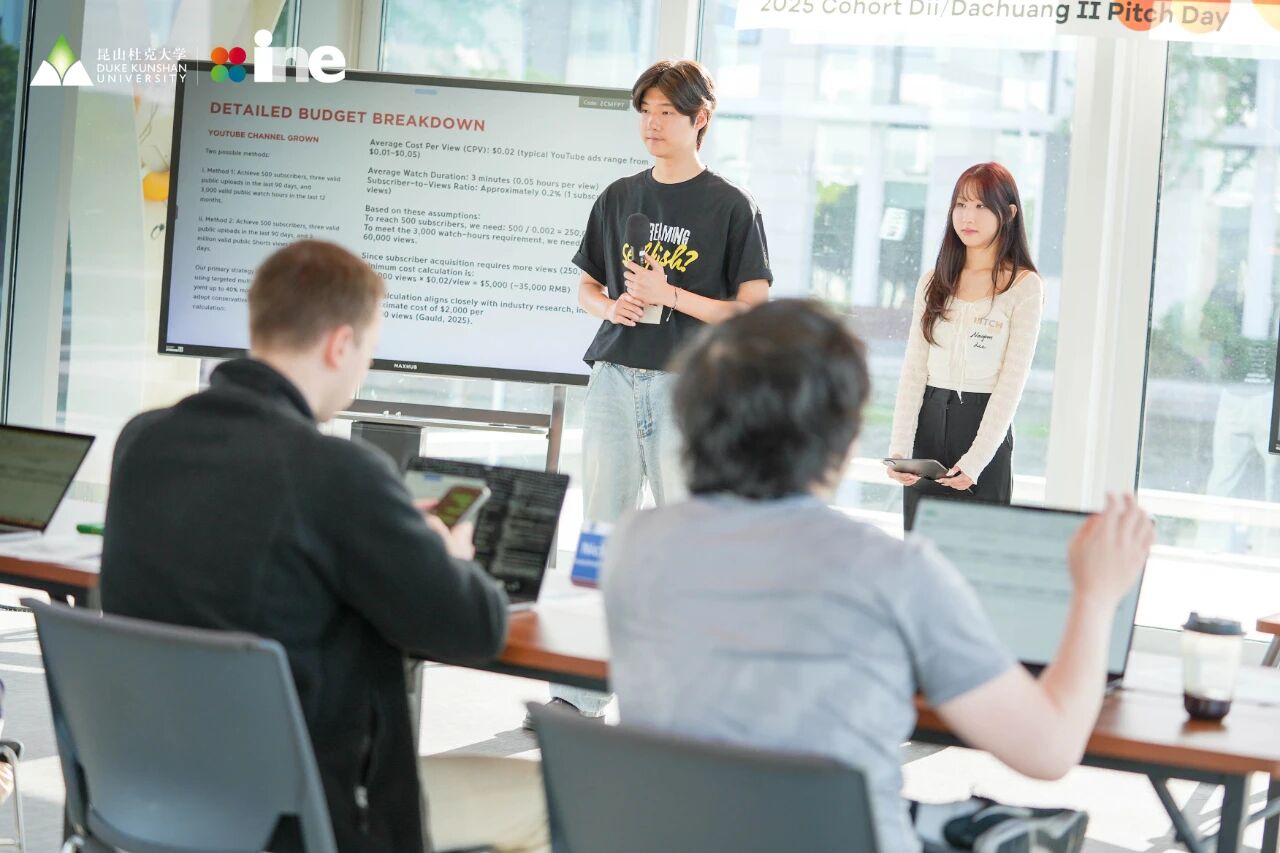Over the past year, DKU’s Innovation and Entrepreneurship initiative (DKU InE) has been continuously exploring the meaning of social innovation and finding more ways to help DKU students implement innovative ideas and projects.
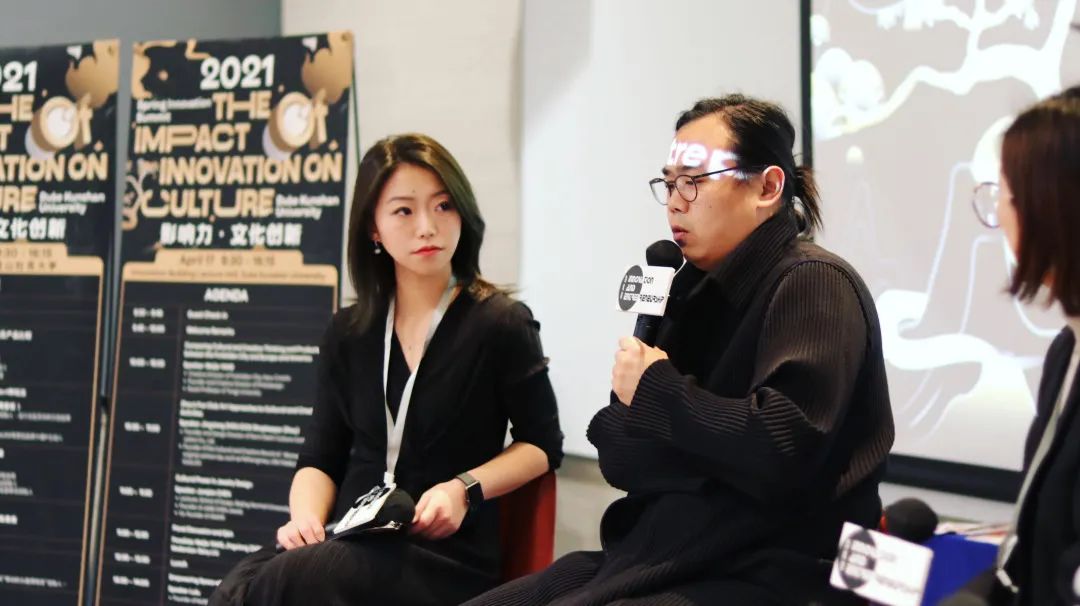
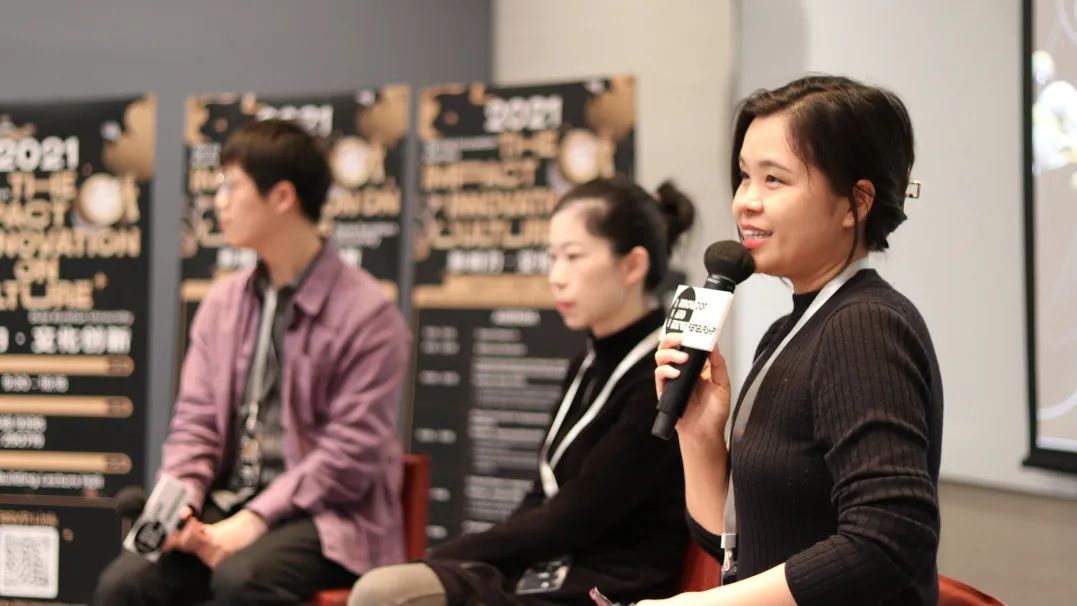
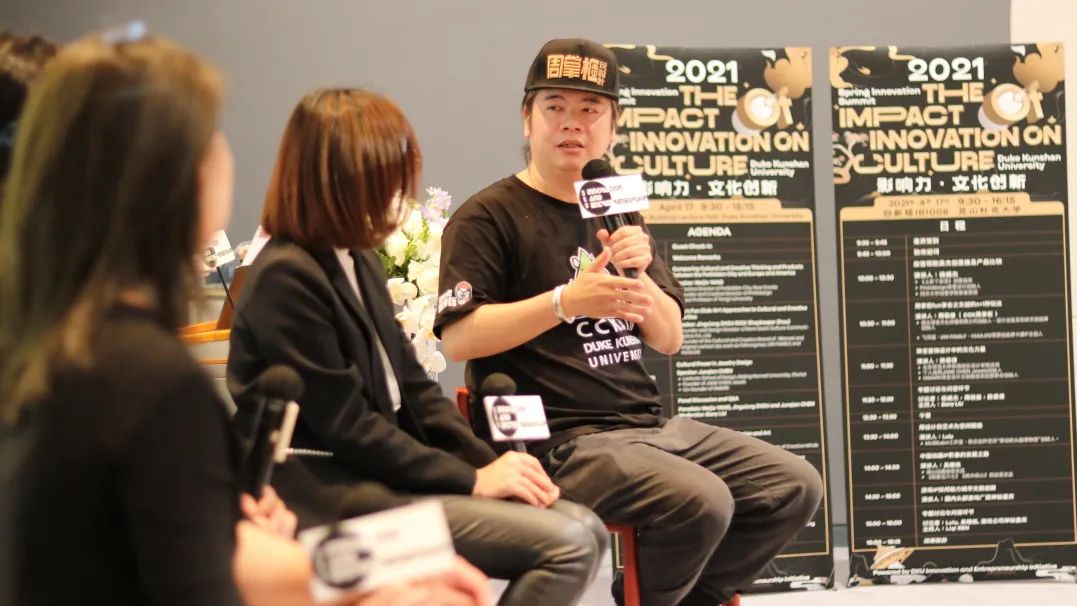
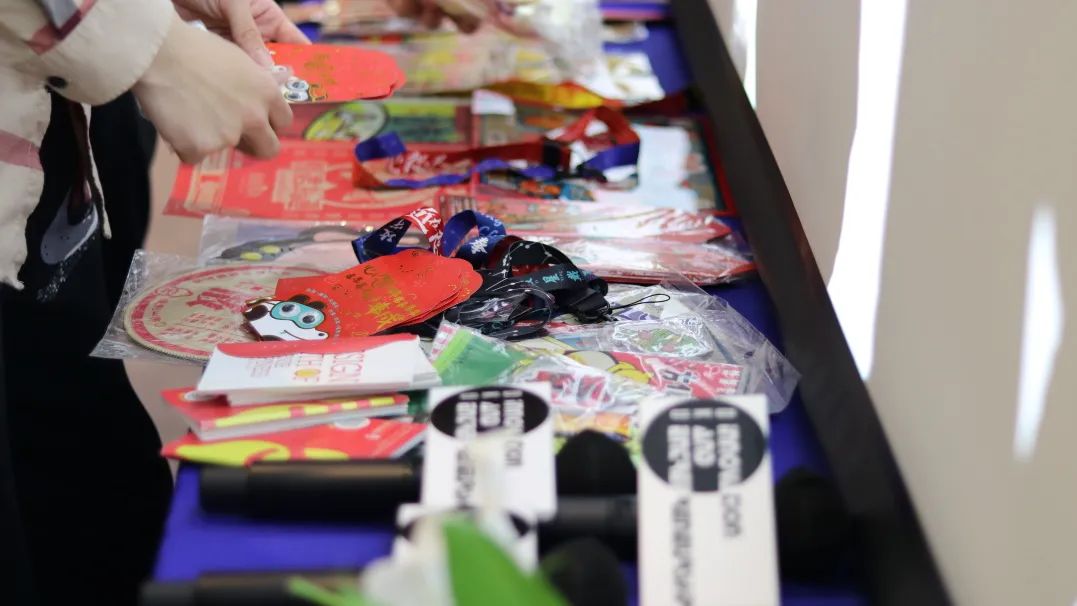
InE 2021 Summit: The Impact of Innovation on Culture
In 2021, DKU InE has inspired and facilitated the implementation of innovative ideas through pioneering and innovative thinking lectures (ESS), professional and effective coaching courses (TPE) for DKU students with entrepreneurial ideas, and systematic incubator programs (Dii) is also provided for our students.
At the same time, DKU InE has combined the needs of enterprises with the U-Corp project, so that students can take the contemporary young people as the target customers, deeply study the value concept and consumption tendency of contemporary young people, and truly step into the forefront of exploring sustainable development. Through systematic, comprehensive and inspiring activities throughout the year, DKU InE hopes to inspire DKUers to think deeply about social innovation, youth, internationalization and sustainable development, and integrate innovation and entrepreneurship into everyone’s daily life.
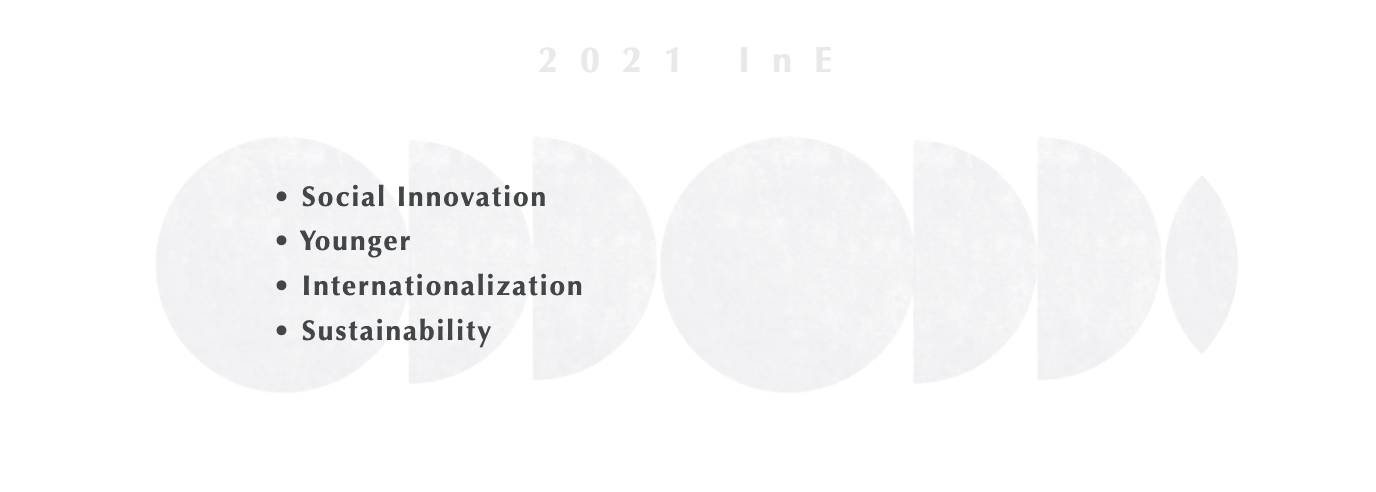
PART 1
Social Innovation
Social innovation refers to innovation based on social needs and social pain points. Social innovation is neither fanciful nor research in the ivory tower, but integration into the real society, perception of the real society, and then put forward “innovation” with realistic significance. The innovation here is not necessarily about coming up with groundbreaking ideas that have never been done before, but a new business model, a new way of pooling resources, or even a new approach to market research. In a word, social innovation requires us to give consideration to feasibility, reality and innovation on the way of innovation. In this way, innovative ideas that meet social needs and solve social pain points can be produced. In the past year, DKU InE successfully invited professor Matthew from Duke University’s Fuqua School of Business and Ms. Lu Zhou, founder of the NICE2035 project, to share the deep meaning of “social innovation” with students.
“Innovation” doesn’t mean coming up with new ideas, according to the two sharers. Instead of thinking hard for a different idea from previous ones on the road of innovation, it is better to learn from previous people’s thoughts and innovate under the existing ideological framework to create a more efficient business model or operation plan. Innovation is not about providing society with an unprecedented thinker. The true innovator must be a down-to-earth doer. Innovation has real social value only when it is transformed into a model that promotes the more efficient operation of society. In 2021, The ESS lectures arranged by DKU InE not only clarified the meaning of social innovation for DKU students, but also inspired Dii entrepreneurs to integrate the concept of social innovation into their own entrepreneurial practices and focus on the social value of their projects.
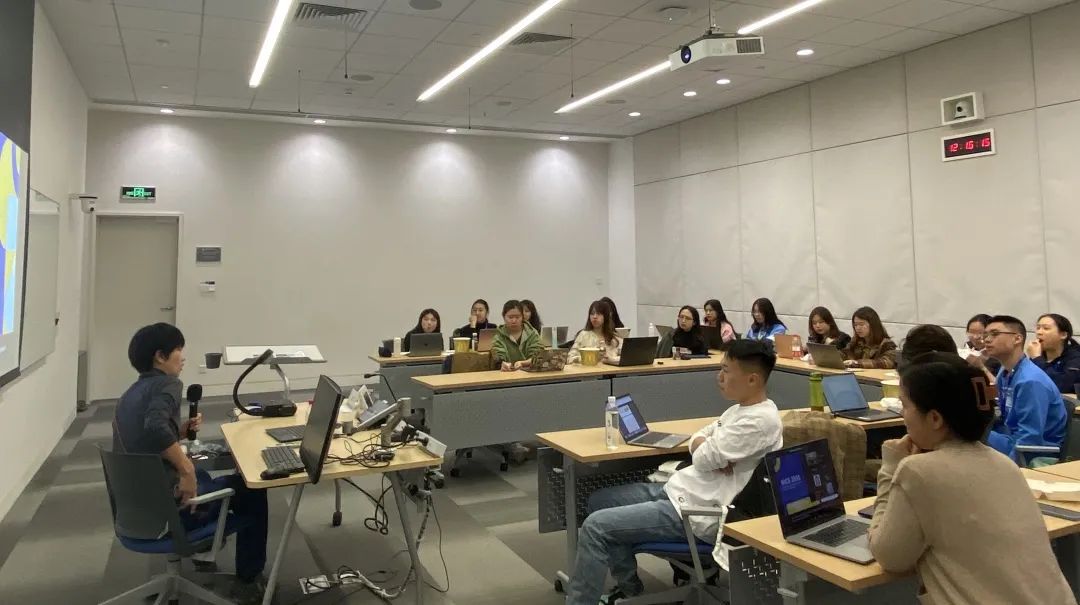
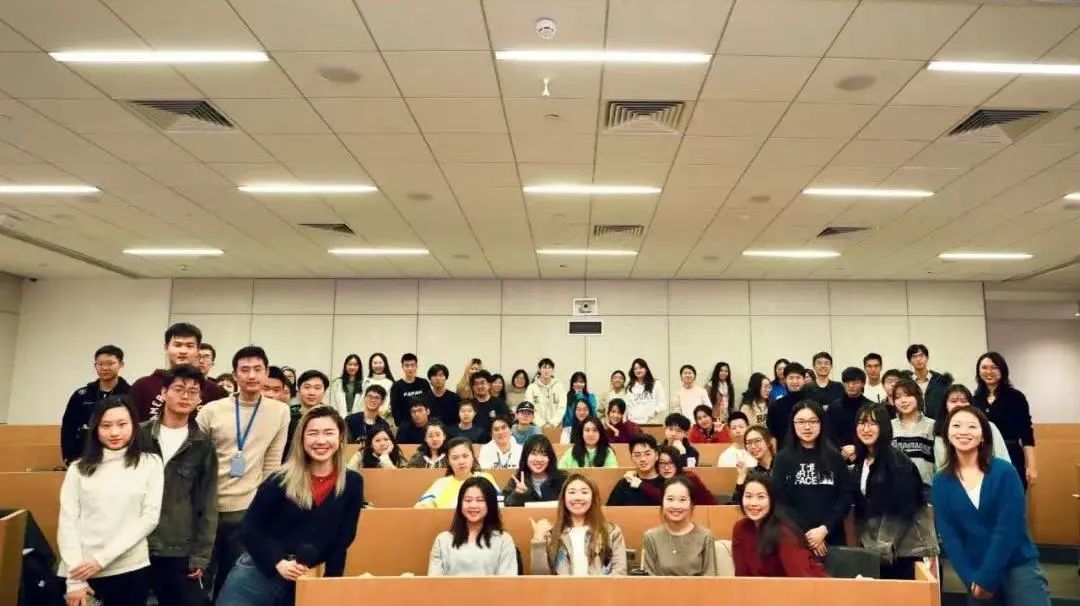
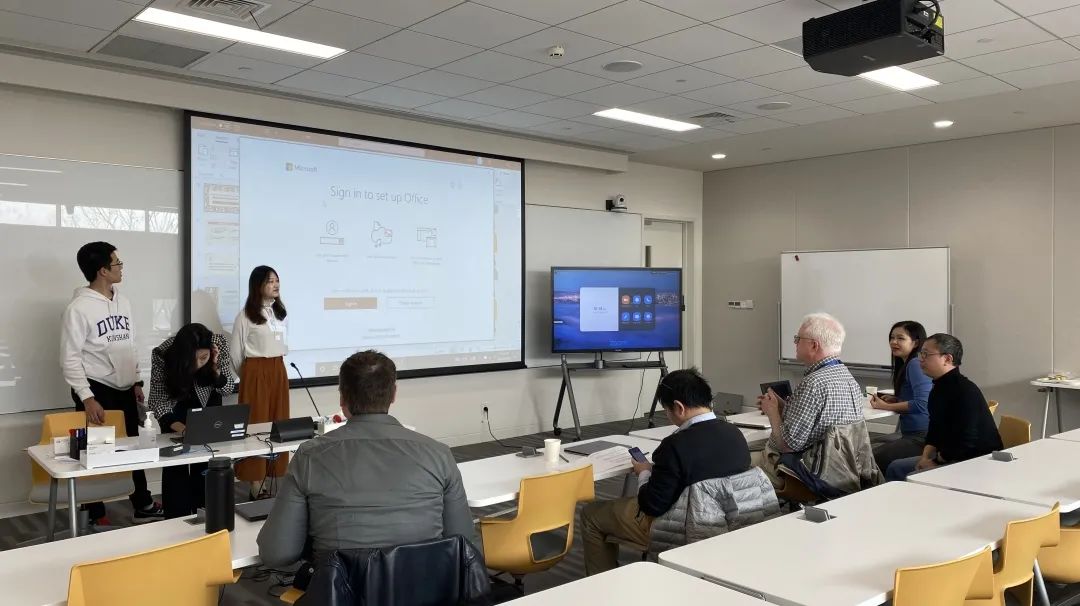
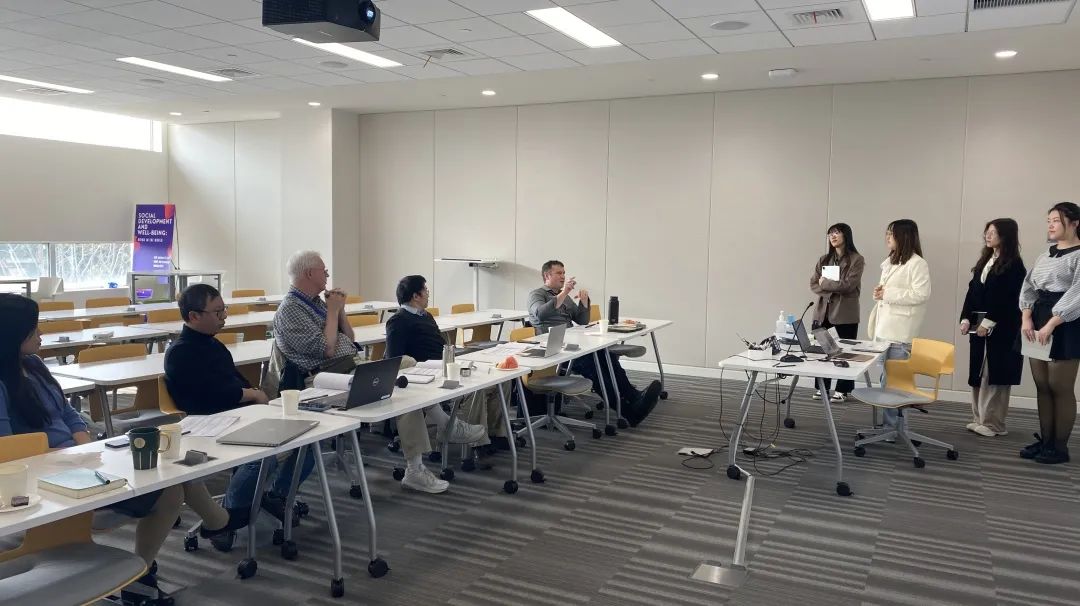
2021 DKU InE Events (ESS & Dii final pitch)
PART 2
Younger
“Younger” refers to the value orientation of young people in today’s social development. To be close to the younger generation is not to copy all the values of the young, but to develop a “younger” mentality and a “younger” attitude to life. “Younger” mentality and life attitude is to be a little more regardless of the gain and loss of hard work, less because of the fear of self-interest and fear of the psychological. “Getting younger” can also be attributed to a positive attitude towards society and life: being more hopeful for the future and society, pursuing more vitality for life, and being less negatively. In business terms, “younger” refers to the emphasis on the aesthetic tastes of young people. Whether in product packaging design or product publicity means, businesses should increasingly pay attention to the aesthetic taste and consumption habits of the young generation.
Over the past year, many DKU InE Dii programmes have sprung up to study the “younger” trend. For example, the TS-GO team with teenagers as the research group, with trendy AR technology as the core, carried out multi-directional research on young users in the early stage of the project, so as to put forward a better integration scheme of AR and education. In addition, under the regular professional coaching sessions of the Dii programme, many incubators have gained a better understanding of “younger” and are constantly adapting their programmes to fit into the world of young people and their values.
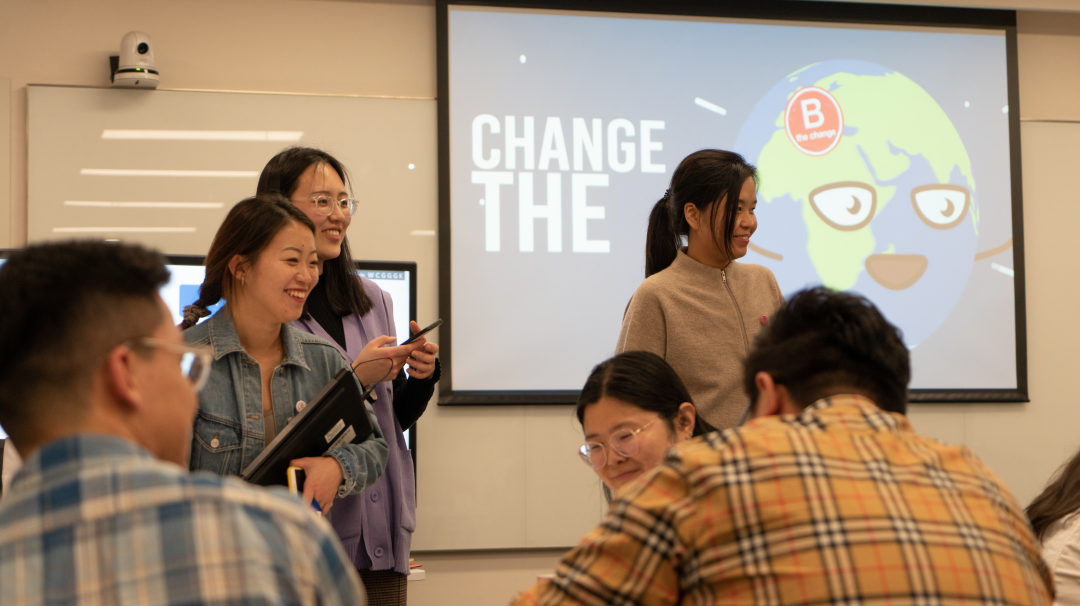
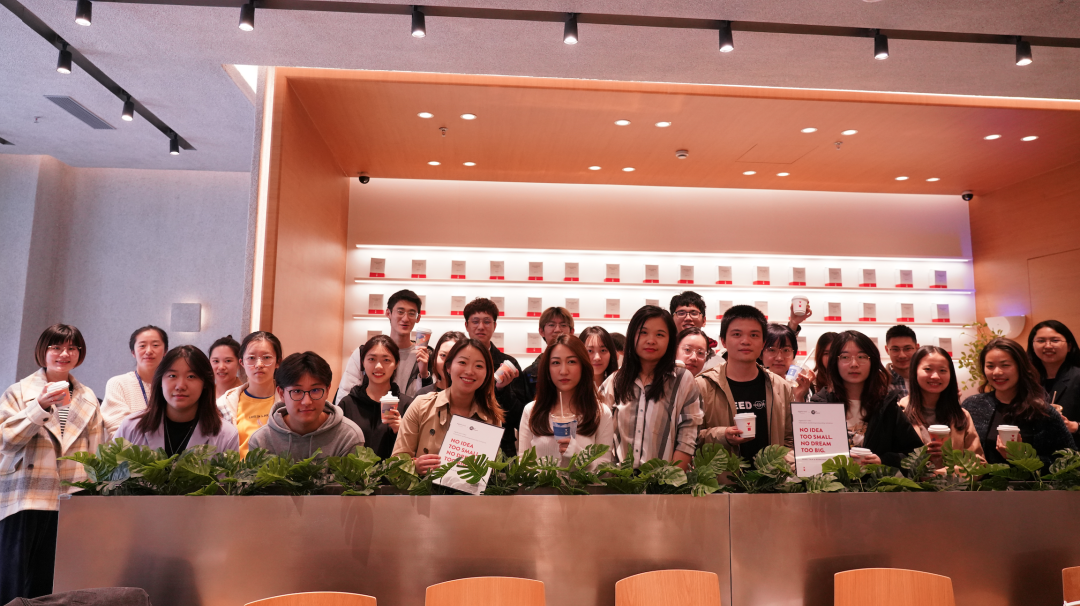
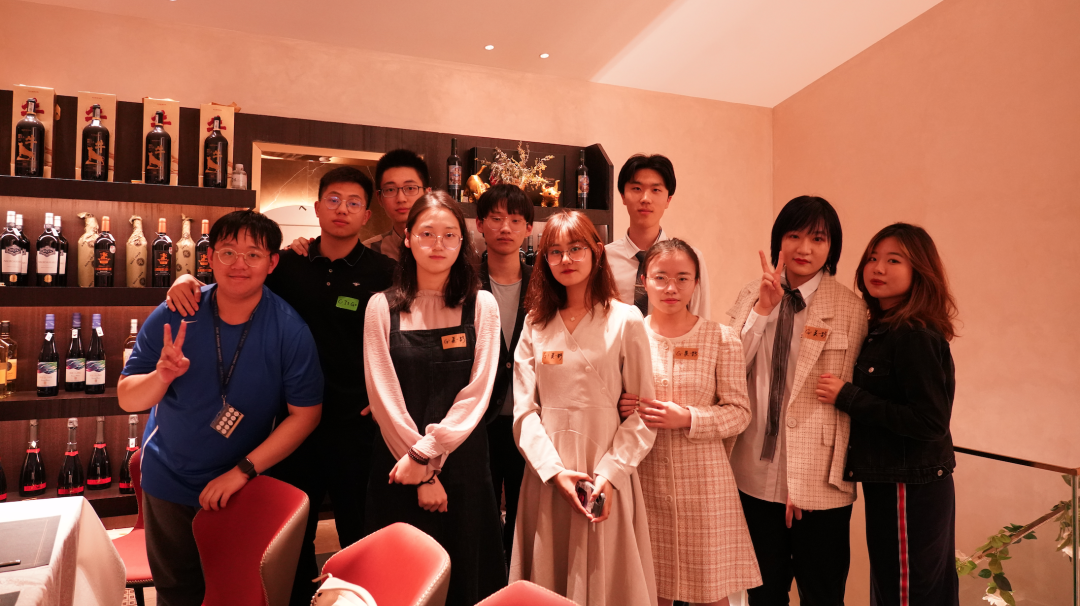
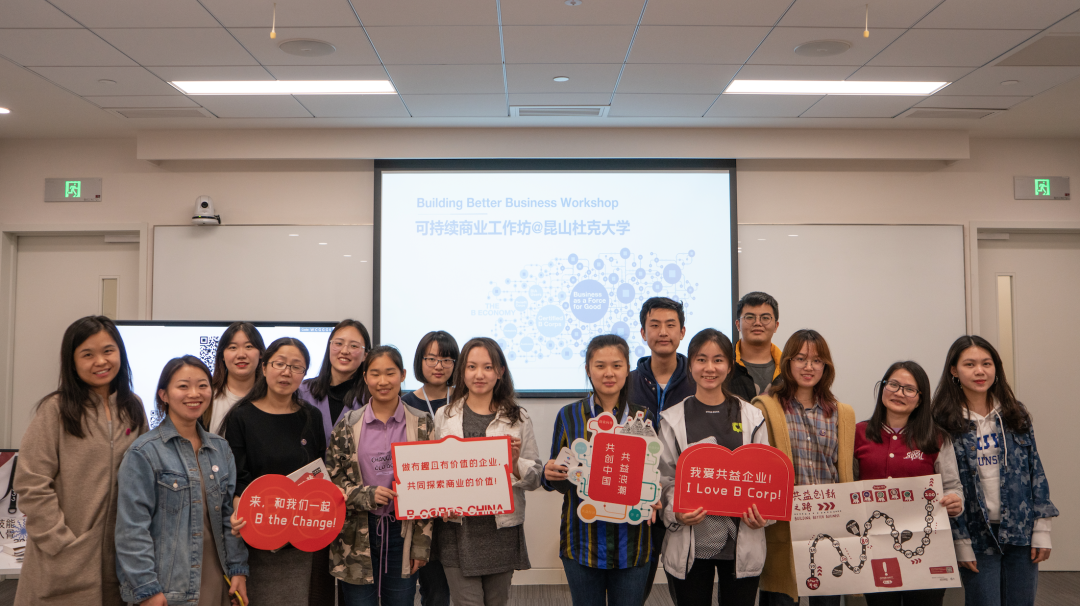
DKU InE Events (B-Corp, ESS & Dii team)
PART 3
Internationalization
What is internationalization? In short, internationalization means joining the world trend and connecting with the world. In the process of internationalization, both individuals and countries can have a broader market and access to more advanced management models and science and technology through this platform. At the same time, internationalization also means the internationalization of the thinking mode. With an international perspective, we should no longer start from individual interests, but should consider the impact of our own behavior on the world, and think about global dynamics and opportunities. In order to help students better understand global trends and establish an international vision, DKU InE in 2021 also organized a variety of activities to cultivate students’ international vision. Professor Zhou Li, assistant dean of Cheung Kong Graduate School of Business, shared his thoughts on the convergence of globalization and digitization at the ESS event. Professor Zhou believes that the epidemic will not stop the pace of global globalization. On the contrary, exchanges between countries will become more frequent, which will greatly promote the process of “re-globalization”. At the same time, he pointed out that in this era of rapid development of globalization and digitalization, the importance of information as a global link has far exceeded the role of trade, people and capital in global communication. The increasing traffic on the Internet also shows that globalization is outpacing digitalization.
The ESS lectures also gave DKU students a new idea: if they want to fully understand and own internationalization, they must pay attention to the trend of integration of internationalization and digitalization. In order to have an in-depth understanding of the international environment and relations in the future development, it is necessary to first understand the role of digitalization in promoting globalization and the new forms of cooperation and opportunities brought to different countries in the digital era.
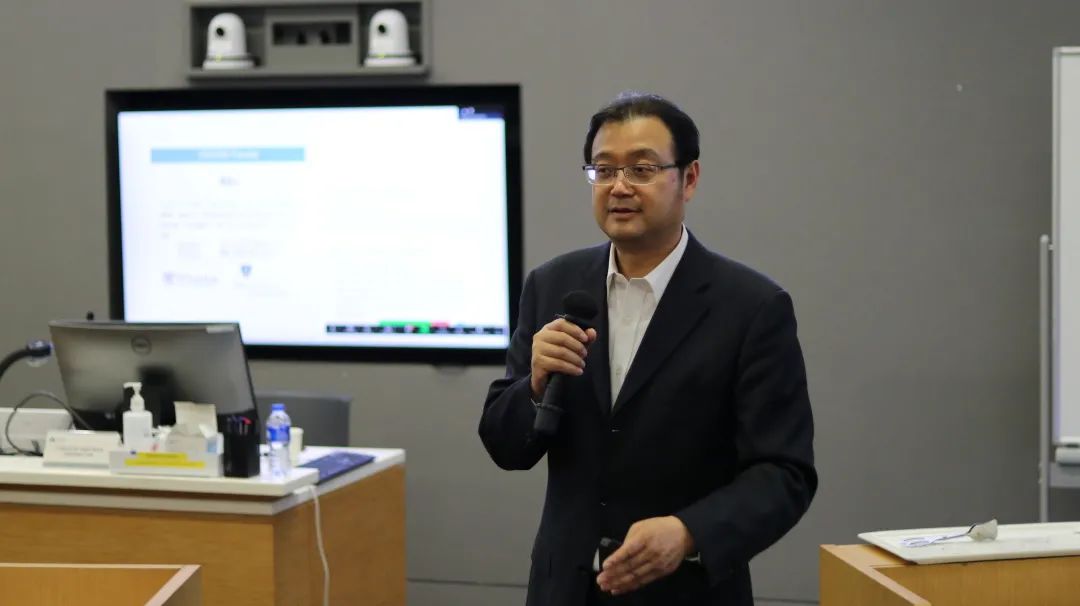
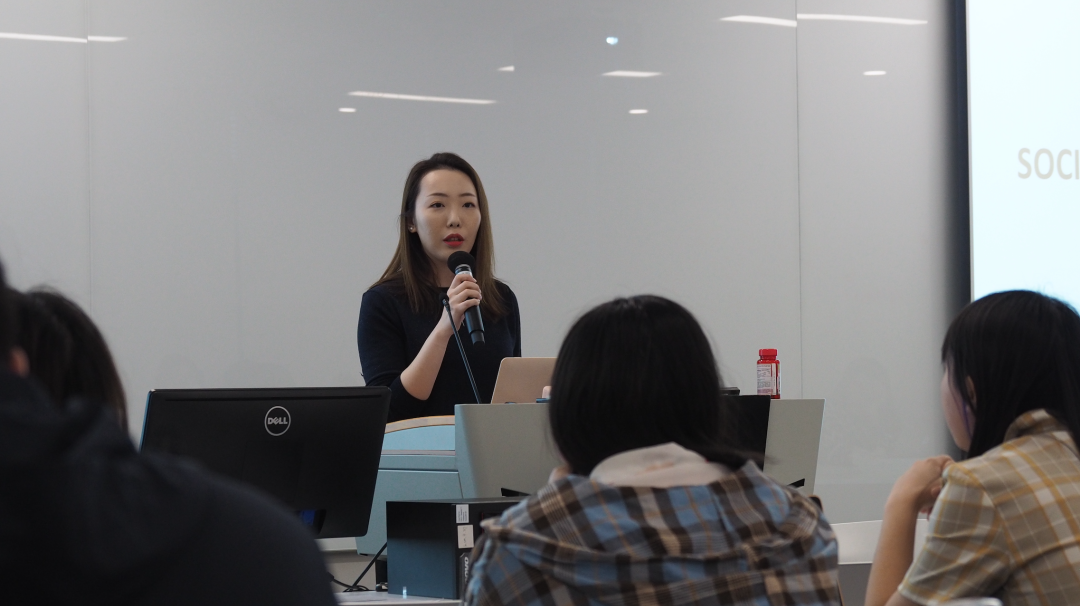
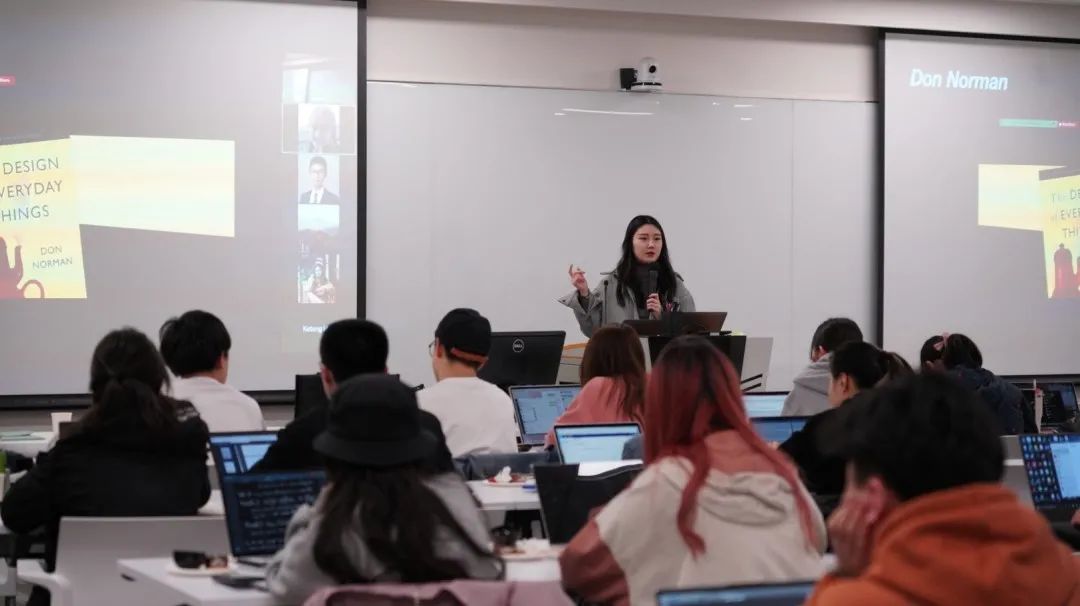
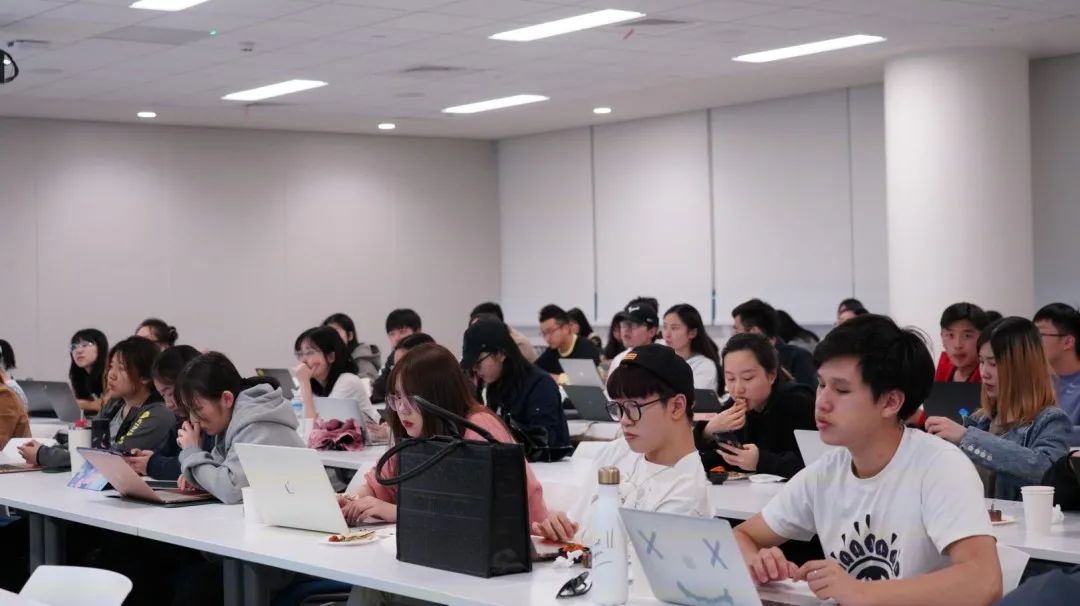
DKU InE Events (ESS, UI&UX workshop)
PART 4
Sustainability
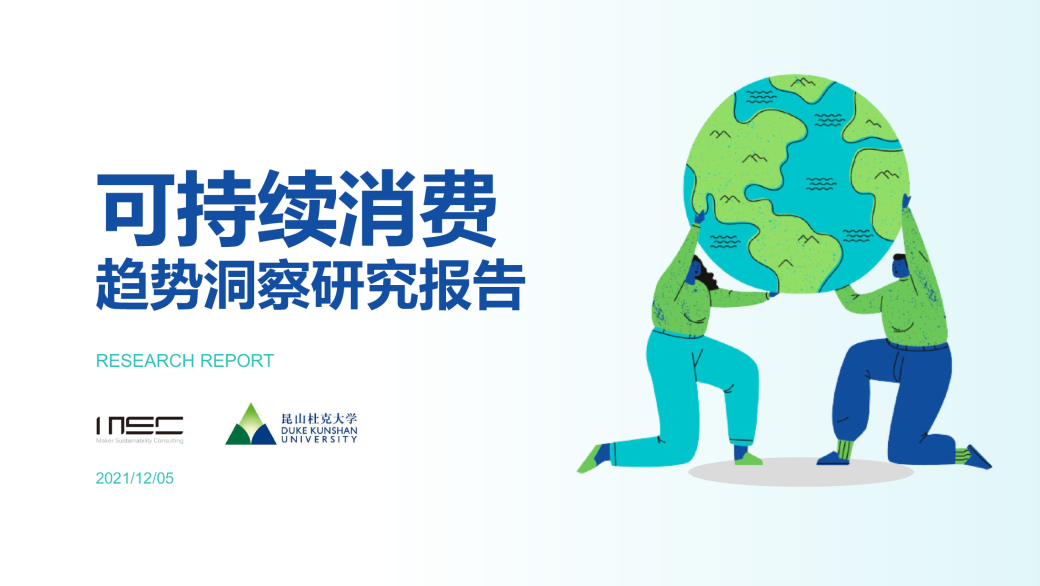
What is sustainable development? From the social perspective, sustainable development refers to minimize the damage to the environment and maximize the use of social resources. From the perspective of consumers, an important feature of sustainable consumption is the pursuit of long-term consumption rather than short-term consumption. Long-term consumption refers to the long-term purpose and effect of consumption, that is, consumer goods can continue to play a role for a long period of time after being purchased, and the consumption behaviour will satisfy the follow-up long-term life needs, rather than blindly shopping for short-term purposes.
In 2021, DKU InE led DKU students to the forefront of sustainable exploration through our first U-Corp program, in partnership with MSC Consulting. During the 8-week U-Corp project, students conducted in-depth qualitative and quantitative research in three aspects: Exploring the Positive Social Impact of Games, Sustainable Fashion 2.0 White paper, and Sustainable Consumption Issues & Track Research. Through the practice of retrieving real data, students have reflectively apprised sustainable development from the perspective of youth and other possible perspectives as well.
In addition, DKU InE also invited Mr. Tan Yaxing, CEO of MSC Consulting Company, to share sustainable development from the perspective of business. Mr. Tan pointed out that although the sustainable development industry has the policy and technical dividends, it still faces great challenges and difficulties. He believes that today’s society still lacks standards to judge whether biodegradable products are environmentally friendly, so consumers rely more on the brand’s own publicity when buying. At the same time, he also mentioned that many sustainable enterprises transforming from traditional enterprises need to restructure the whole industrial chain to adapt to the new industrial model and concept. However, in the process of reconstructing the industrial chain, manpower and economic costs are both large. Despite the difficulties facing the sustainable development industry, Mr. Tan still has great confidence in the sustainable industry. He believes that the sustainable transformation of enterprises will become the trend of the future.
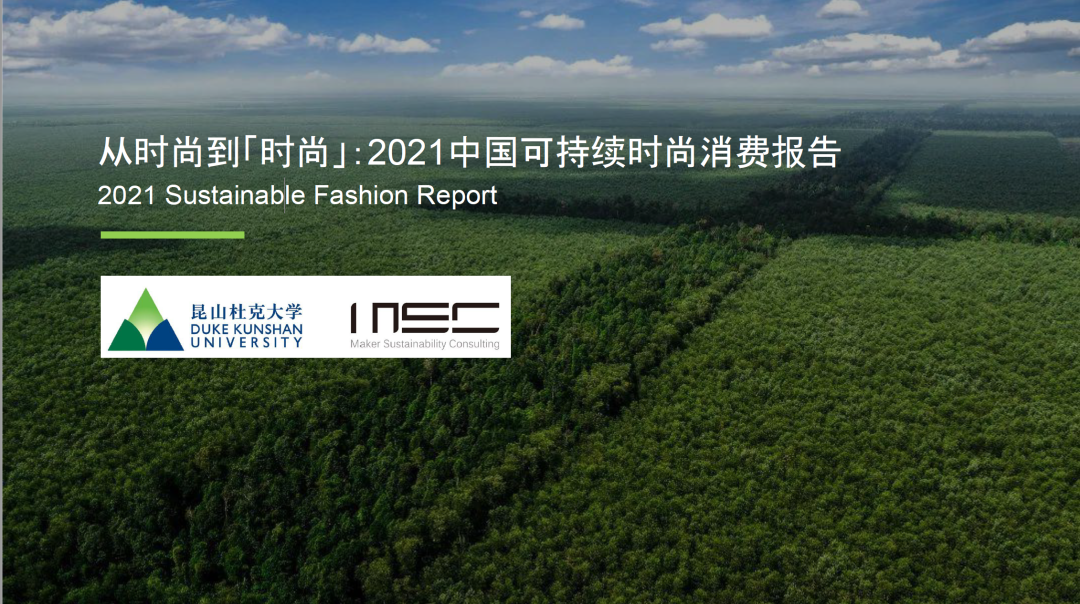
DKU InE Events (U-Corp Final Reports)

